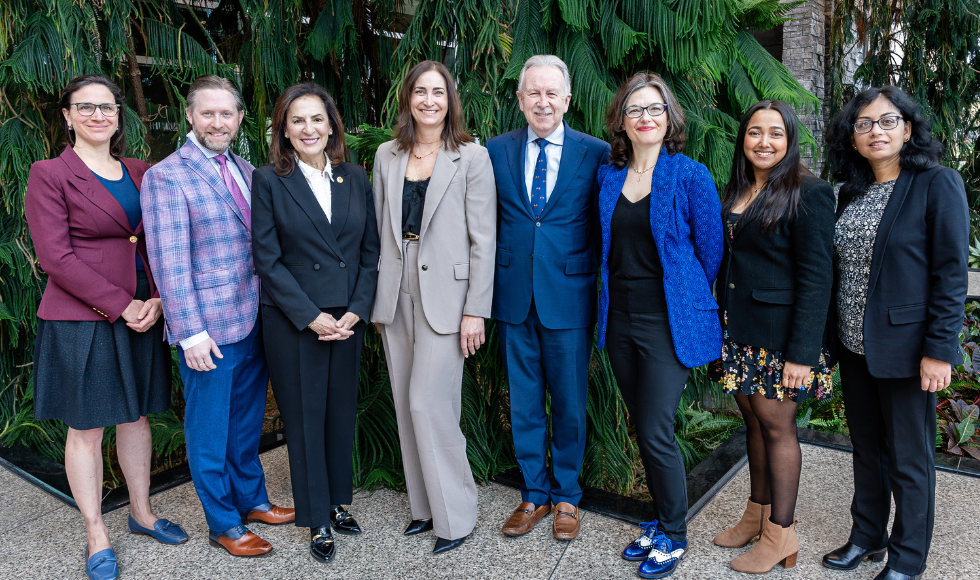Home
Welcome to the Bachelor of Health Sciences (Honours) Program
Discover the world-renowned Bachelor of Health Sciences (BHSc) (Honours) Program, one of the top programs of its kind in the world offering a ground-breaking approach to the interdisciplinary study of health.
Program Information
Admissions Discover
Ready to apply? Details for Level I or Level II applicants and Supplementary Application questions available here.
Student Services Explore
From residence or off-campus living to getting around campus or Hamilton, find out here.
Frequently Asked Questions Learn More
Visit the BHSc (Hons) Program forms page for resources and links to our most commonly requested forms.
Our Students
News

Pfizer Canada and McMaster to foster health equity in vaccine science
Pfizer Canada is investing $500,000 in McMaster projects aimed at addressing critical gaps in health equity in the development and delivery of vaccines. Pfizer Canada’s . . .

Common dementia medication doesn’t increase risk of death or heart abnormalities
McMaster researchers have found that a commonly prescribed dementia medication doesn’t increase the risk of death or certain heart rhythm problems, contrary to past warnings. . . .

Gordon Guyatt awarded Henry G. Friesen International Prize in Health Research
Distinguished McMaster University professor Gordon Guyatt has been awarded the prestigious 2024 Henry G. Friesen International Prize in Health Research. Guyatt, a professor with the . . .





